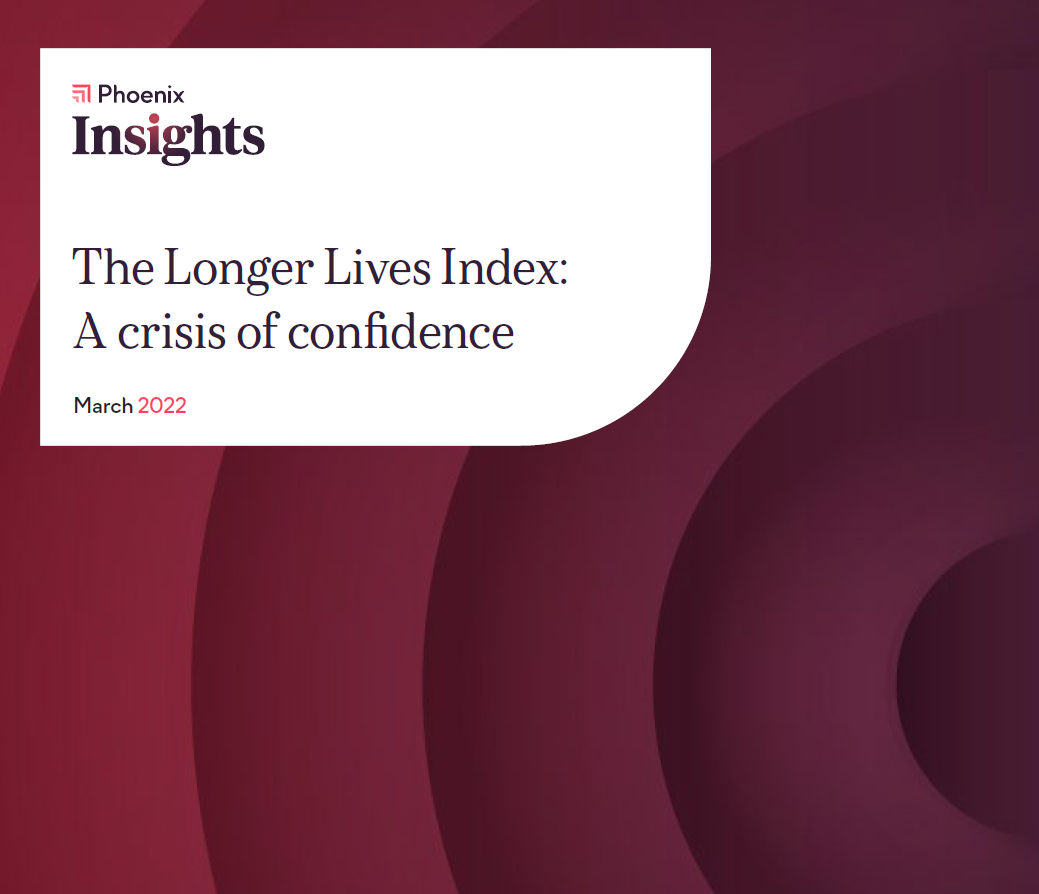A Crisis of Confidence, the latest report from Phoenix Insights, was built around data spanning five critical areas for living longer: saving, health, work, housing, and family support.
The results are cause for concern. Indeed, nearly half the population is not confident about their ability to save enough for retirement, largely due to money pressures elsewhere.
Furthermore, as many as 18 million people in the UK are not adequately financially prepared for later life, and may be forced to mark their retirement by selling their homes, slashing their children’s inheritance, and relying on state support.














